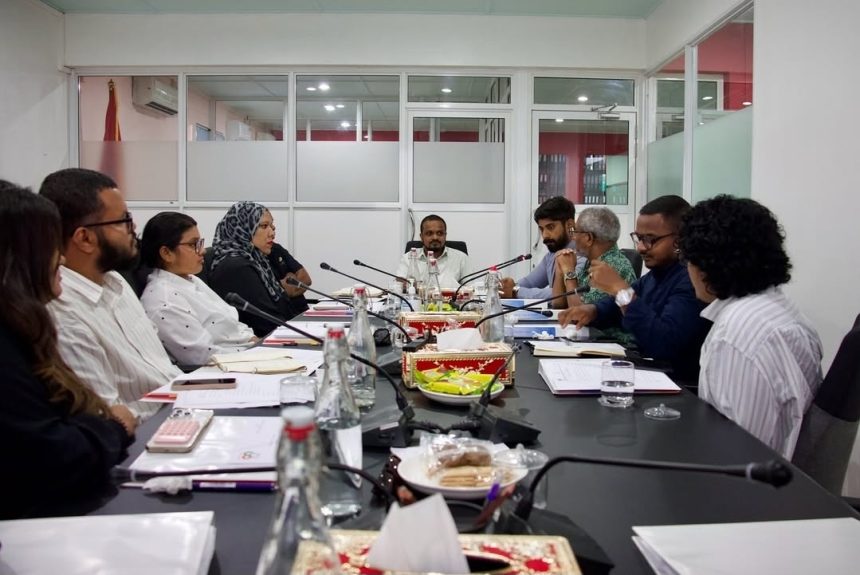The Maldives Media Council (MMC) has voiced strong opposition to the Maldives Media and Broadcasting Regulation Bill, urging its withdrawal and warning that it poses a “significant threat” to press freedom and constitutional rights.
In a press release issued on Tuesday, MMC said the bill, submitted to the People’s Majlis by Thulhaadhoo MP Abdul Hannan Aboobakuru, would dismantle the current self-regulatory framework and hand control of the media to whichever government and parliamentary majority is in power.
Threat to Independence
“The bill is designed in a way that significantly obstructs the right to freedom of the press as guaranteed by the Constitution” MMC stated. It expressed concern that the composition of the proposed commission — and the ability of parliament to dismiss members — would severely hinder the independent functioning of media outlets, giving “extensive power to the President and the People’s Majlis”.
The Council also flagged that the bill undermines Article 28 of the Constitution, which guarantees protection of sources, and warned that provisions written in ambiguous terms could be abused to unfairly punish media.
Fear of Arbitrary Punishment
According to MMC, the bill gives the new commission sweeping authority, including the power to shut down media outlets even before cases are resolved in the courts. “This bill contradicts the spirit of the Constitution” the Council said, adding that it could “set back the hard-earned freedom of the press by many years and cause the Maldives to fall significantly in international press freedom indices”.
While acknowledging the need for reform in the existing system, MMC insisted that such changes should be based on broad consultations with media outlets and journalists.
Mounting Opposition
The MMC’s statement follows similar calls from the Maldives Journalists Association (MJA) and strong criticism from Opposition Leader Abdulla Shahid, who branded the bill a “blatant attack on democracy”. Critics argue that, far from empowering the media, the proposal consolidates control in the hands of the executive and ruling majority.
The growing opposition highlights a deepening standoff over the future of media regulation in the Maldives, with press bodies warning of long-term damage to journalistic independence if the legislation is passed.




